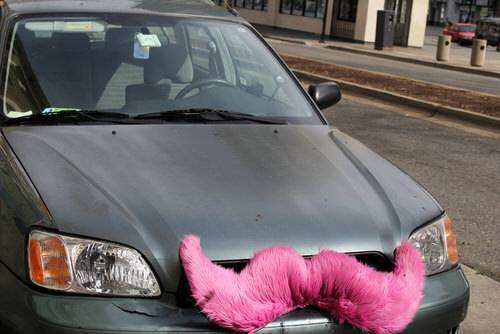
California’s Public Utilities Commission (CPUC) voted unanimously today to regulate the ride-sharing industry. It will now be covered under a new business category called “Transportation Network Companies.”
Under this decision, previously unregulated independent operators such as Lyft, InstantCab, Uber, Sidecar and others will now have a new set of rules to conform to, including:
- Submitting to criminal background checks
- Undergoing training
- Carrying insurance of at least a million dollars
- Obtaining a license from the CPUC
- Adhere to a zero-tolerance drug and alcohol policy
The CPUC will also levy fees consisting of one-third of a percent in total revenues.
Indie startups may often bristle at government intervention or regulation, but in this case, the ride- and car-sharing industry views regulation as a positive move that finally legitimizes their businesses. This comes on the heels of a tense period when the ride-sharing companies came under fire, fielding cease and desist letters and attacks from the taxi lobby.
For its part, the taxi industry is not expected to react as favorably to the CPUC’s vote, even though it has previously stated that it would not fight the commission’s decision. As the first state in the U.S. to officially acknowledge ride-sharing service businesses, California could set a precedent that may bring more regulation to the industry in other states.
Lyft feature image courtesy of Flickr user Quinn Dombrowski.

















